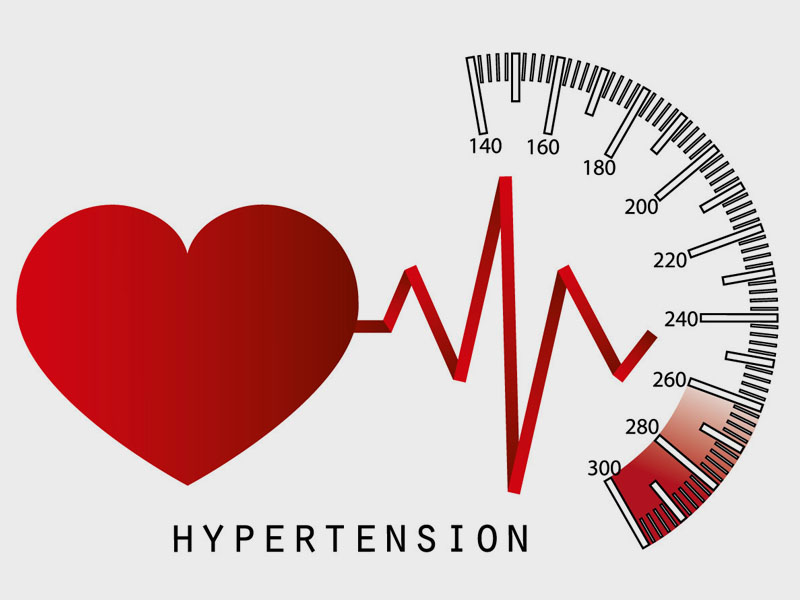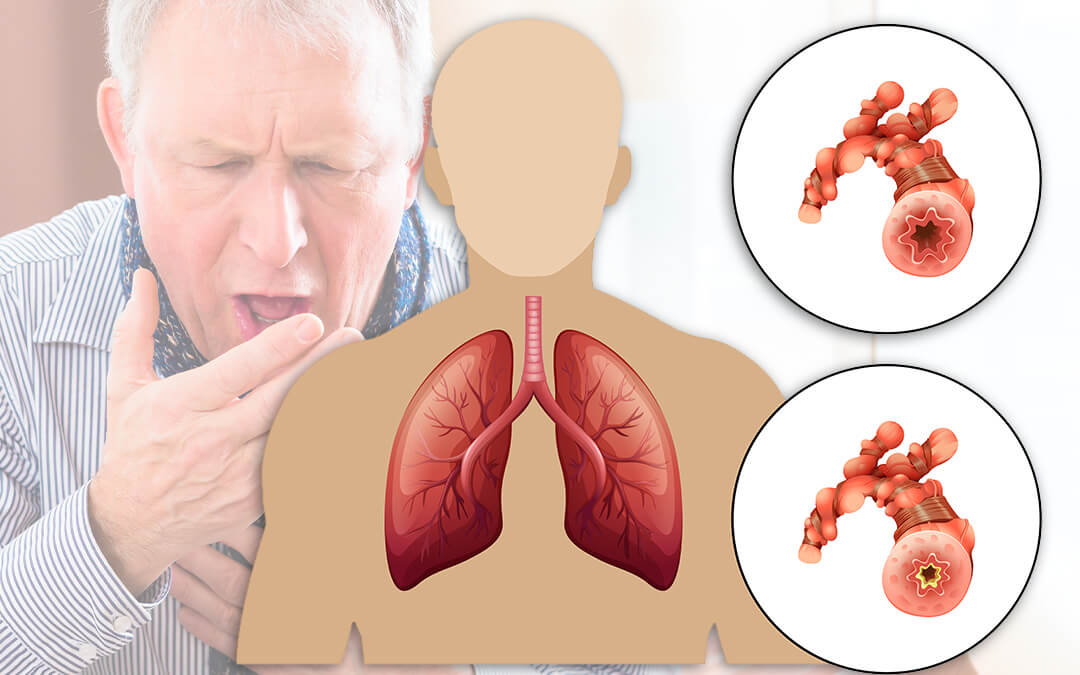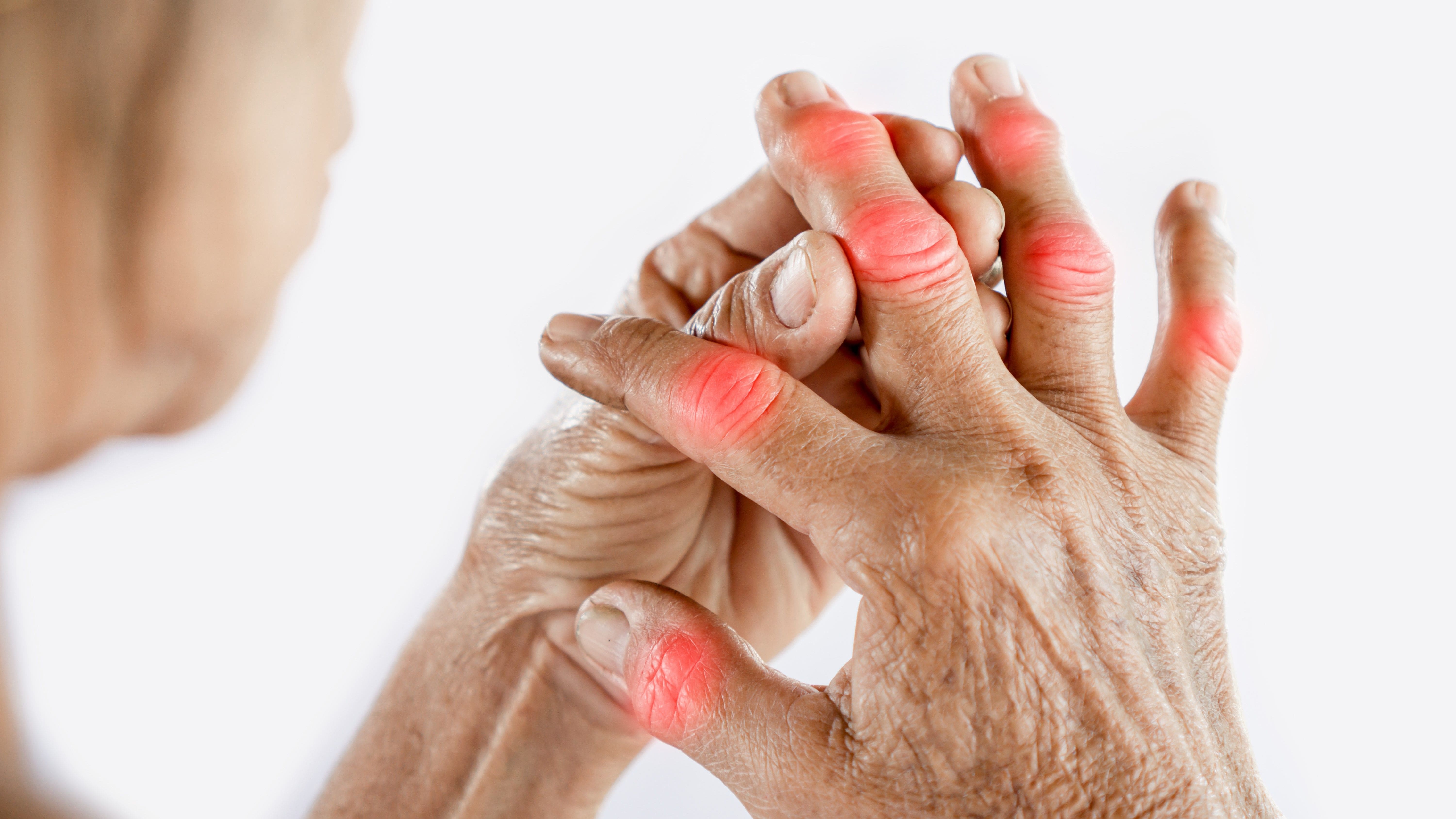
Headache: Understanding, Causes, and Effective Management
Headaches are a common health complaint that can range from mild discomfort to severe pain. Identifying the type and cause of headaches is crucial for effective management and relief.
Common Types of Headaches
1. Tension Headache
- Cause: Stress, poor posture, or muscle tension.
- Symptoms: Dull, aching pain on both sides of the head.
- Treatment: Pain relievers, relaxation techniques, and posture correction.
2. Migraine
- Cause: Genetic factors, hormonal changes, or certain triggers like food or light.
- Symptoms: Throbbing pain, nausea, and sensitivity to light or sound.
- Treatment: Prescription medications, lifestyle changes, and avoiding triggers.
3. Cluster Headache
- Cause: Unknown, but linked to irregularities in the body’s biological clock.
- Symptoms: Intense, stabbing pain around one eye.
- Treatment: Oxygen therapy, medications, and lifestyle adjustments.
4. Sinus Headache
- Cause: Inflammation or infection of the sinuses.
- Symptoms: Pressure and pain around the forehead, eyes, and cheeks.
- Treatment: Decongestants, pain relievers, and addressing the underlying sinus issue.
Causes and Risk Factors
- Stress: Emotional or physical stress can lead to tension headaches.
- Dehydration: Not drinking enough water can cause headaches.
- Sleep Issues: Poor sleep quality or lack of sleep increases risk.
- Diet: Certain foods, caffeine, or alcohol may trigger headaches.
Prevention Tips
Manage Stress
- Practice relaxation techniques like yoga or meditation.
- Take regular breaks during work or study.
Stay Hydrated
- Drink adequate water throughout the day.
- Avoid excessive caffeine or alcohol intake.
Maintain a Healthy Lifestyle
- Get 7-8 hours of quality sleep each night.
- Eat balanced meals and avoid skipping meals.
- Exercise regularly to improve overall health.
Treatment Options
- Medications: Over-the-counter pain relievers or prescribed treatments for specific types of headaches.
- Therapies: Acupuncture, massage, or physical therapy for tension relief.
- Hydration: Increasing fluid intake for dehydration-related headaches.
- Medical Evaluation: Consult a doctor for persistent or severe headaches.
Complications of Untreated Headaches
- Chronic Pain: Frequent headaches may lead to chronic conditions.
- Impact on Daily Life: Reduced productivity and quality of life.
- Underlying Conditions: Persistent headaches may signal serious health issues.
Role of Healthcare Facilities
- Accurate Diagnosis: Identifying the type and cause of headaches.
- Personalized Care: Tailored treatment plans to address individual needs.
- Advanced Therapies: Access to specialized treatments and technologies.
- Patient Education: Guidance on prevention and self-care strategies.
Conclusion
Headaches can be managed effectively with proper care and lifestyle adjustments. Understanding the causes, adopting preventive measures, and seeking timely medical attention can significantly reduce their impact. Take control of your health and lead a headache-free life!













